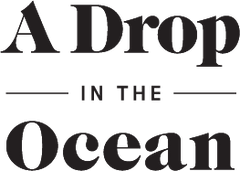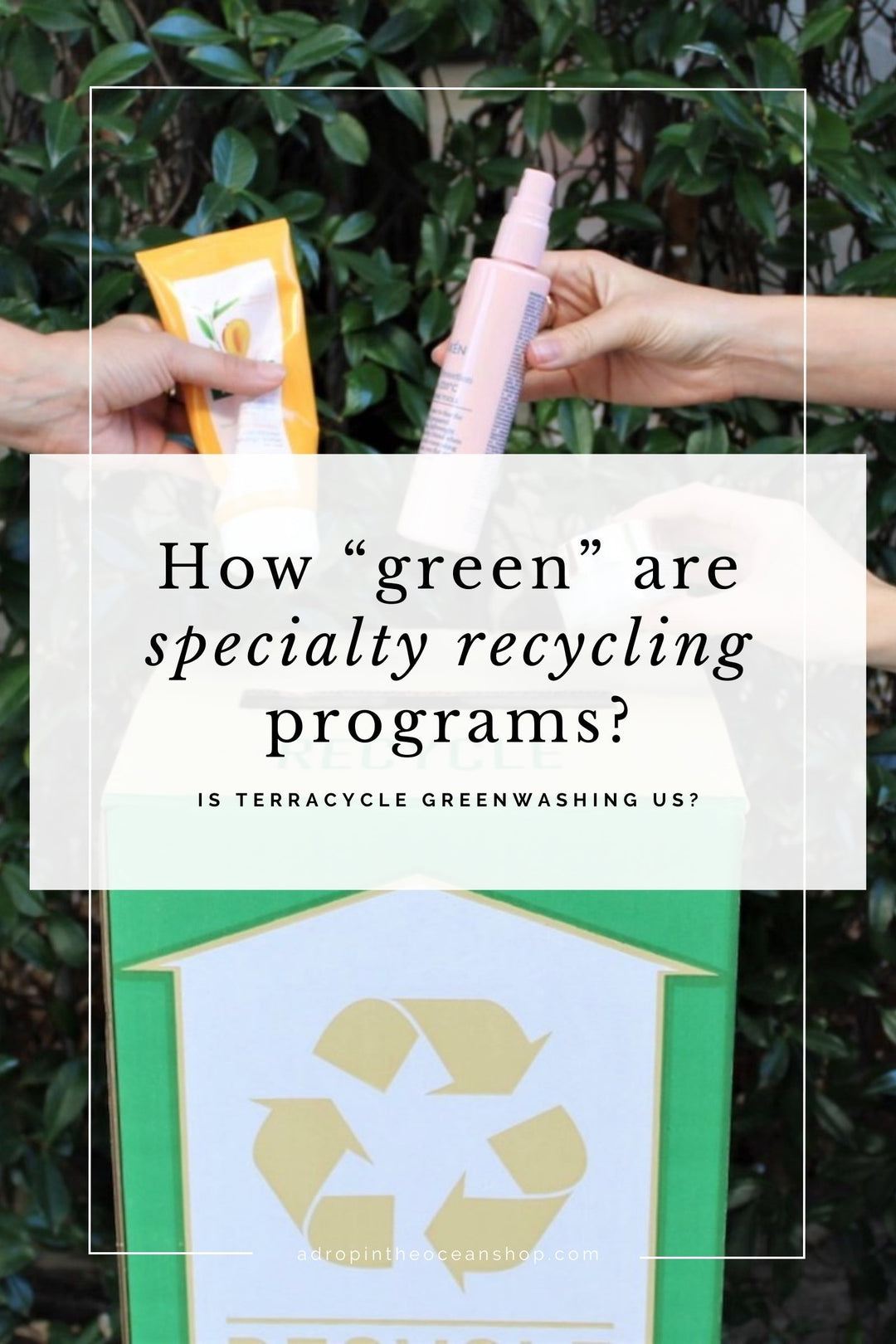5 Sustainable Alternatives to Plastic Trash Bags

This post first appeared in our weekly Make Waves Mondays email series on June 3, 2024.
Hellooooo!
Okay first of all, before we go any further, I gotta give a shout-out to this person on Reddit who shared a screenshot from our last blog in a comment about best laundry practices! 🤩

To whoever you are, Slurpy Rainbow - you rock 💪
Now, onto this week’s blog!
Plastic bag bans have been implemented in countless cities, counties, states, and countries, and while overall these bans have a net positive impact on single-use plastic bag use, there’s one big consequence of these bans that isn’t often discussed…
The sales boost they give plastic trash bags.
How do plastic bag bans influence plastic trash bag sales?
In 2019, NPR reported on the effect of bag bans, and according to a study from the University of Sydney, about 30% of the plastic that was taken out of the waste stream as a result of plastic bag bans was reintroduced in the form of thicker plastic trash bags.
Then, in 2022, a study from the University of Georgia took a deeper look into how bag bans influence trash bag sales and found some pretty interesting stuff…
- Whether the plastic bag policy in question was an all-out ban or a small bag fee, the result was a significant increase in 4- and 8-gallon trash bag sales (ranging from 54-129% increases!) - while larger trash bag sales remained steady.

One graph from Figure 9 from the 2022 University of Georgia study showing the increase in 4-gallon trash bags purchased after the implementation of a local bag ban.
- The bag fee that was evaluated in the study was just 5¢, but the average price per purchased plastic bag was 6¢ - yet people still purchased more plastic trash bags than paid the fee.
- The weight of these additional 4-gallon trash bags sold added up to an additional 30-135 pounds of plastic, and 37-224 pounds for the additional 8-gallon bags.
- Overall, the amount of plastic saved by these bag bans depended on how many plastic grocery bags were being given away before the bans. For example, the study found that stores that gave away at least 326 plastic grocery bags per day would ultimately still result in less plastic in the waste stream, even with the increased number of trash bags purchased.
So while in general I do believe that plastic bag bans are a great move in the right direction (because - remember - we need both bottom-up and top-down change happening in tandem), I think this is an opportunity to explore better options for dealing with our trash than plastic trash bags.
So let’s talk about it.
1. What’s in your bin?
This is always going to be step numero uno around here ☝
Rather than focusing on what we’re packaging our trash in, let’s first explore what our trash is.
So do a waste audit.
Find out what you’re throwing away and brainstorm some alternatives to the things you’re tossing the most.
If most of your waste is organic materials (food waste, houseplant clippings, hair left behind on your hairbrush), can you start composting?
Because I’ll tell you what…you can make a single trash bag go a WHOLE heck of a lot farther if you don’t have banana peels and chicken bones stinkin’ up the place.
And THEN, once you’ve become well-acquainted with your trash… then it’s time to start looking at trash bag options.

2. Reuse what you’ve got.
Friend, I want you to get comfy asking the question, “Is it trash? Or is it a trash bag?”
Because the sad reality is that the plastic manufacturers have somehow managed to convince us that some plastic bags are trash, and some plastic bags are trash bags.
But is there really any difference?
So get creative and reuse what you’ve got!
Here are a few non-traditional bags you might be able to reuse as trash bags:
- Bread bags
- Tortilla bags
- Pet food bags
- Cat litter bags
- Birdseed bags
- Ziploc bags with tiny holes
3. Yesterday’s news for today’s trash.
I’ve not tried this one personally, but I’ve seen it around the interwebs as a creative way to reuse old newspaper as a trash can liner.
Especially if you’re already composting your wet “trash,” and if you have access to old newspapers (don’t purchase a newspaper just for this purpose!), this might be a great solution for you.
Here’s a quick tutorial on how to do it.
4. In a pinch, post-consumer recycled plastic.
If you’ve already tried the previous ideas but find yourself still needing to purchase new trash bags, opt for post-consumer recycled (PCR) plastic bags (ideally, 100% PCR, though those are quite hard to come by currently).
Now, you may be wondering why in the heck I’m recommending something that’s plastic over something that’s biodegradable or compostable - and that’s a completely valid question, my friend.
Landfills are intentionally designed to keep its contents from breaking down.
Landfills are giant storage bins.
They are not giant compost piles.
In landfills, there is no oxygen, no sunlight, and no water - all of the elements needed for organic material to successfully decompose.

This means that in our landfills, there are 50-year-old newspapers that are perfectly legible and 25-year-old heads of lettuce that are in near perfect condition.
When something does start to break down in a landfill, the lack of oxygen means it’s decomposing anaerobically, which limits its ability to fully decompose and releases methane - a greenhouse gas that’s 28 times more potent than carbon dioxide at trapping heat in our atmosphere.
So with the knowledge that our trash isn’t going to break down in a landfill no matter how pretty we package it, why would we use bags marketed as “biodegradable” or “compostable,” that are made from virgin materials?
💡 Not-So-Fun Fact: There’s a popular brand of “compostable” trash bags that are made from potato starch. These starch potatoes aren’t a viable food source - they’re only grown to produce starch. According to one 2011 article, just in the EU, about 200,000 hectares of land are dedicated to growing these non-edible starch potatoes. Think of how much more we could do with that land instead!
Instead, by choosing post-consumer recycled plastic bags, we’re [very partially] closing the loop on plastic waste.
Is it a perfect solution? No, nothing is. But it’s better than virgin plastic trash bags or virgin “biodegradable” bags.
5. For the love of all things eco, avoid all bags marketed as “Recycling Bags.”
It absolutely blows my mind, friend, that recycling bags exist and are currently available to purchase - even at two of the most well-known online zero waste stores. 😳🤬
Please, if you take nothing else away from this week’s post, remember this:
Recyclables should always be loose in your recycling bin. Always.
Like…fam…even America’s Plastic Makers - aka the organizational body of ALL PLASTIC MANUFACTURERS - specifically says not to put your recyclables in a plastic bag.
If the people profiting off of selling you plastic bags are saying not to put your recyclables in a plastic bag, don’t do it.
Items in your recycling bin should always be empty, clean, and dry - and loose in your recycling bin.
“Recycling bags” are nothing short of a scam, playing on the part of your brain that really wants to do the right thing.
Don’t buy them.
Don’t use them.
Don’t bag your recyclables.

So now I’m curious, friend, what are you currently using as a trash bag? Will you be changing that in the future after reading this post? Did I miss anything?
Comment below and let’s chat about it!









Leave a comment